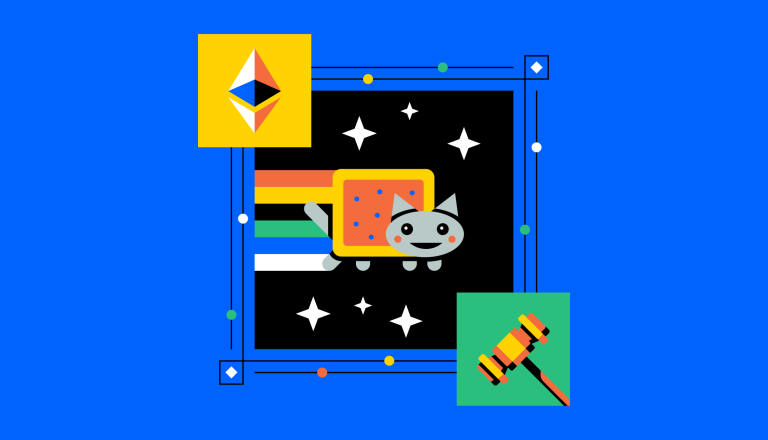Understanding the benefits of fractional ownership in NFTs

Fractional NFTs allow for shared ownership of a single, unique NFT, making it more accessible to a wider range of individuals.
This process aims to enhance the liquidity of the NFT market and allows for better price discovery.
While fractional NFTs provide numerous benefits, potential participants should be aware of the associated risks and considerations, including regulatory aspects and potential conflicts among fractional owners.
What are Fractional NFTs?
Fractional NFTs enable the division of a single, unique NFT into numerous, interchangeable units. These units, or fractions, are represented by ERC-20 tokens, each of which signifies a stake in the original NFT.
This process, known as fractionalization, is facilitated by smart contracts and essentially provides a digital "IOU" to the holder, stating their ownership of a certain percentage of the original NFT.
Fractional NFTs can be exchanged on various marketplaces, providing a new avenue for users.
How does Fractionalization Enhance NFT Accessibility?
The concept of fractionalization bypasses the limitation of NFTs being indivisible by creating multiple fungible tokens that represent a share in the original, indivisible NFT.
This process aims to enhance the accessibility of NFT ownership, allowing individuals to own a portion of an NFT that they might not be able to afford in its entirety.
Regardless of whether the NFT is divided into 100 or 10,000 units, anyone can claim ownership of a fraction. This democratizes the process of owning NFTs, paving the way for a more inclusive digital art ecosystem.
How does Fractionalization Boost Liquidity?
Fractional NFTs create more units of a single NFT, therefore increasing the frequency of trades and aiming to make the market more liquid. This liquidity can aid in better price discovery, although the value of the tokens can be somewhat separated from the value of the NFT itself — due to the inability to easily turn the tokens back into the NFT itself.
What are the Risks and Considerations of Participating in Fractional NFTs?
While fractional NFTs are an avenue for democratizing ownership and enhancing liquidity in the NFT market, potential participants must be aware of the associated risks and considerations.
One of the key concerns is the regulatory aspect. The SEC has not specifically classified NFT sales as securities. However, they have indicated that certain digital assets, including some NFTs, could be considered securities under certain circumstances. Such stringent regulations and compliance requirements could impact the trading and ownership of fractional NFTs.
Another risk is the potential for conflicts among fractional owners. For instance, if a fractional NFT owner wishes to reclaim their original NFT, they may face resistance from other fractional owners, posing challenges in terms of governance and decision-making.
How are Fractional NFTs Impacting Various Industries?
Fractional NFTs are finding applications in various industries, including art, real estate, the metaverse, and gaming.
In the art world, they allow a group of participants to own items with traditionally high barriers to entry, such as owning real estate or art pieces.
In the metaverse and gaming, fractional NFTs can be used to divide the expense and transfer ownership of particular items, making them more accessible to a wider range of players.


